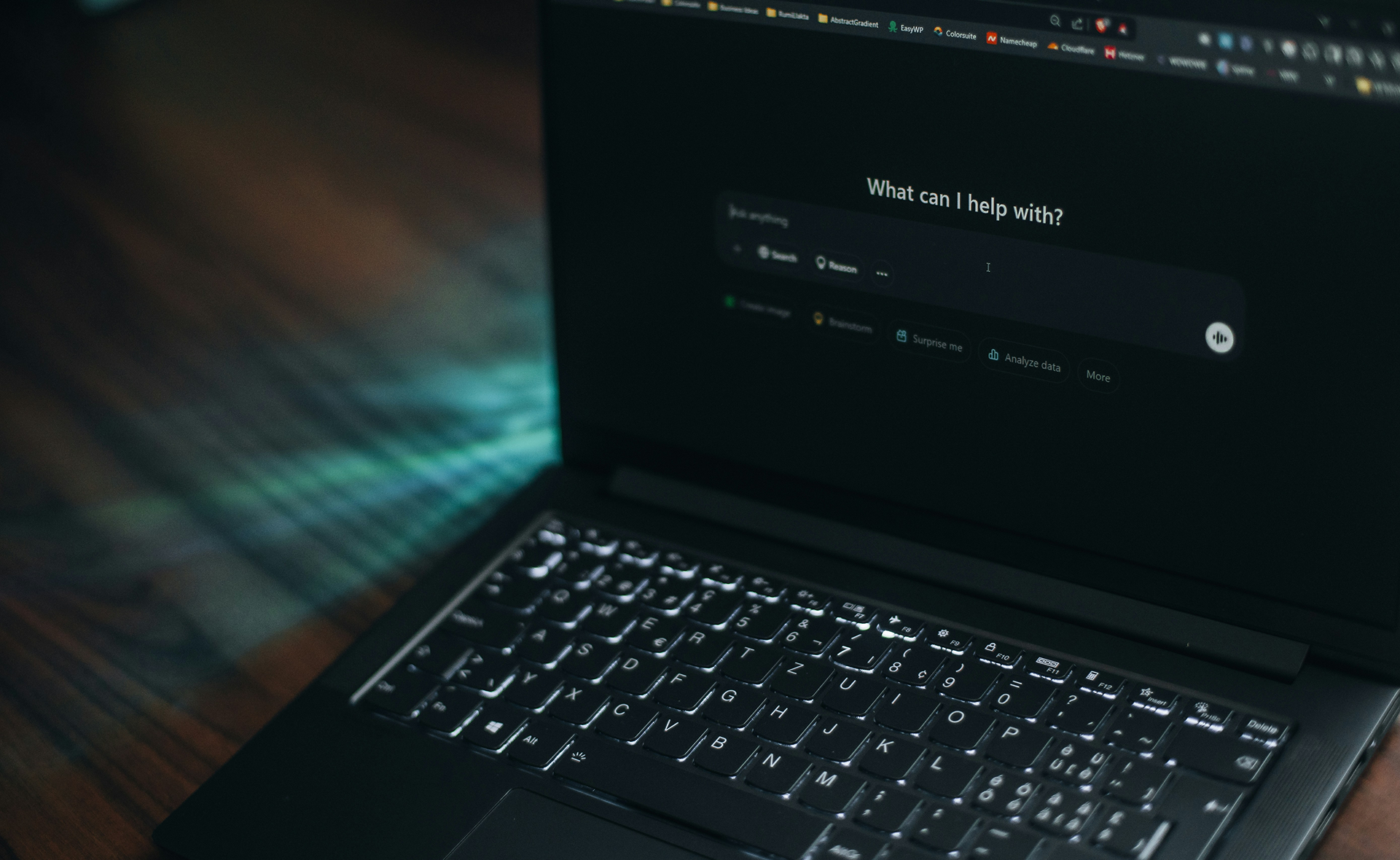Locaria Views: Selecting linguists
Earlier this year, a debate was sparked after the difficult task of choosing the right linguists for the translation of Amanda Gorman’s The Hill We Climb book. Amanda Gorman, 22, was the youngest poet ever to perform at a United States presidential inauguration back in January. She received praise for her work from all over the world after months of debate about racial injustice in the United States and abroad.
However, translating her work has proven to be a difficult task. More than that, it raised the question of whether the choice of the linguist had to go beyond linguistic skills in our modern society. Víctor Obiols was commissioned to work on the Catalan translation and a foreword by Oprah Winfrey. The editor however explained that once the translation was complete, they had received a request from the US group Viking Books for the work to be carried out by a female activist of African-American origin. His translation was therefore rejected because he didn’t have the right profile.
The decision came after much controversy in the Netherlands that a white poet had been chosen to translate ‘The Hill We Climb’ into Dutch. Amanda Gorman however had selected the young poet Marieke Lucas Rijneveld herself. Rijneveld identifies as non-binary and uses the pronouns they/them. They are both outspoken on issues such as gender equality and mental health. However, after the debate, they decided to step back from the project.
As critics explained, this controversy was not just about skin colour, but most importantly identity. The issue was not just about translating Amanda Gorman’s poetry, but whether it could be accurately reflected and interpreted by someone of different ethnicity, gender, and mother tongue.
Why it is important to choose the right linguist
In today’s society, choosing the right translator is now more important than ever. First of all, before choosing a linguist, it is important to ask oneself whether the text has any specificities. Writing for the modern audience can include some writing specificities, such as inclusive writing. As explained in our guide about inclusive writing in French, “it all depends on who you’re writing for and who your primary audience is”.
Once you have a clear view of the content of the text and its target audience, the next step would be to choose the best-fitting linguist. The question now is: can all linguists translate everything?
It soon becomes clear that this is not the case. A linguist who is dedicated to general translation will not be able to fully understand the legal concepts and specific language used in a legal document. A scientific/medical translator used to work on more technical texts might not be the best choice for a transcreation task that would imply finding catchy slogans and creative writing skills. An old-school translator who mainly works with printed documents and dictionaries will not be able to provide an SEO-oriented localisation that will bring traffic to the client’s website through the use of keywords without proper training.
How to choose the right linguist
- Make sure that the linguist is a native speaker of the target language.
The ability to speak a language is not the same as being a native speaker of the said language. Being a native speaker is important to fully understand the cultural references and nuances that could be included in the text. That is why, for languages such as Spanish, which is used in many countries across the world, a native speaker of the targeted country will need to make sure the language variations will be respected in a good Latin American localisation, for example. One of Locaria’s core values is “Equality through Content“, our commitment to creating quality content that is equally engaging in any language and across channels. We are a trusted partner, because we truly understand client needs and how authentically localised customer experiences drive growth. Helping our clients connect and build excitement across borders and communities is our passion.
- Always use a professional linguist
Translation, copywriting, SEO writing, localisation and transcreation all require solid knowledge, experience, and the involvement of professionally-trained linguists.
We’ve all heard someone say “my nephew is German, let’s ask him to do the translation” or “the IT manager can speak Italian, let’s ask him to translate our website”, to save money, however, this often leads to poor results. Maybe the accountant’s nephew has a German parent but has never lived in this country, which wouldn’t give him all the cultural skills needed to provide fluent and culturally relevant work. Maybe the IT manager speaks Italian, but his grammar is very poor. Speaking a language doesn’t make someone a professional linguist. Translation, as with all other jobs, needs proper training and specific skills.
- Check the linguist’s area of expertise
To offer good quality, most translators will have an area of expertise. As mentioned earlier, the content of the document that needs to be translated will be different whether it is a legal text, a user’s manual, a poem, a medical report, or an advertising campaign, and these are just some examples of the type of texts you could find.
No linguist can translate everything. There might be some copywriting skills needed to produce an efficient advertising campaign that resonates with the consumers of the targeted country. That is why it is important to select a linguist with experience in the field needed.
Nowadays, more and more factors will be taken into account to choose the best possible linguist and that is why choosing a translator in context will be of the utmost importance. At Locaria, we believe the key to providing a high-quality digital language service is to carefully select our linguists, working with native professional linguists in more than 50 languages, across more than 90 markets. We are ISO 9001: 2015 and ISO 17100: 2015 certified, which is a guarantee of quality for the services our clients need.

Article by Marine Sander



